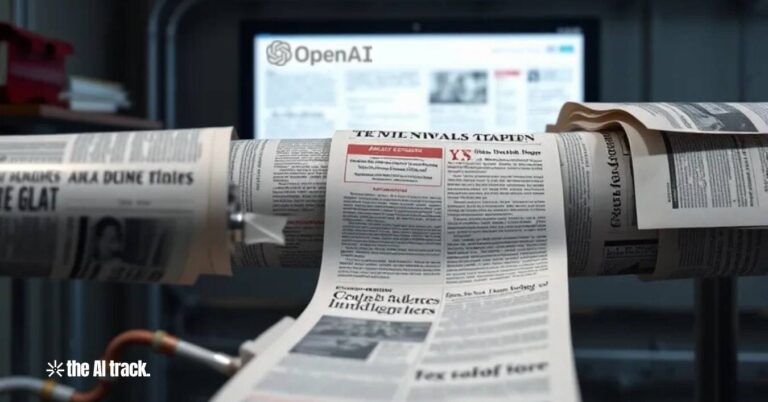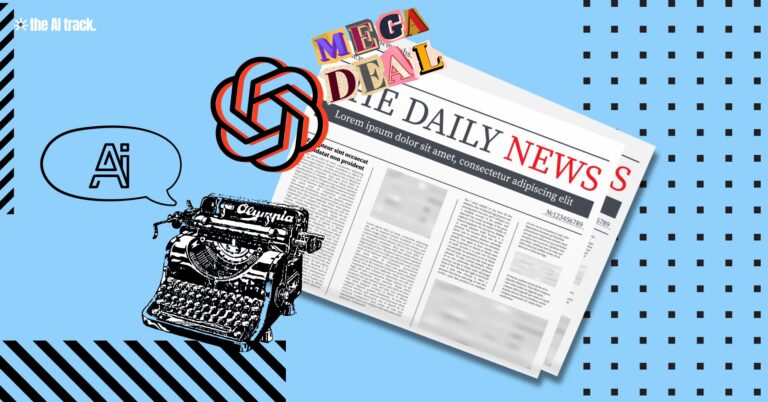Sports Illustrated, a renowned name in journalism, has recently come under scrutiny for allegedly using AI-generated content and fake authors, sparking a debate about the ethics and transparency in modern journalism. This controversy highlights the growing pains of integrating artificial intelligence in media, balancing cost-efficiency with credibility and journalistic standards.

Sports Illustrated Accused Of AI-Generated Articles: Key Points
- Allegations Against Sports Illustrated: The magazine is accused of publishing articles by AI-generated fake authors, as revealed by Futurism.
- AI-Generated Headshots and Biographies: Investigative reports disclosed that these fake authors had AI-generated headshots and biographies.
- The Arena Group’s Denial: The Arena Group, owner of Sports Illustrated, denied these allegations, stating the questioned content was from a third-party advertiser.
- Examples of Non-Existent Authors: Instances like “Drew Ortiz” were cited, where authors were found to be non-existent.
- Content Removal: Following the controversy, The Arena Group cut ties with AdVon, the third-party company, and removed its content from their websites.
- Implications for Credibility: This issue raises serious concerns about Sports Illustrated’s credibility, especially given its prestigious history in journalism.
- AI in Journalism: The integration of AI in journalism is seen as cost-effective but raises fears of content farms and challenges to news integrity.
- BuzzFeed’s AI Experiments: BuzzFeed has also used AI for creating content like quizzes and travel guides.
- Financial Troubles and AI Solutions: Financial difficulties at Sports Illustrated led to staff layoffs, with AI presented as a potential solution.
- Measures by Other News Organizations: The New York Times and NBC are taking steps to ensure their content’s reliability against AI misuse, while The Guardian remains cautious about AI’s reliability.
- Union’s Reaction: The Sports Illustrated Union called for maintaining basic journalistic standards after the AI content issue surfaced.
- Internal Investigation: The Arena Group initiated an internal review, despite disputing the report’s findings.
- Advon Commerce’s Involvement: Arena Group ended its partnership with Advon Commerce, the company allegedly responsible for the AI content.
- Concerns Over Replacement of Journalists: The media industry is wary of the potential replacement of journalists by AI and the risk of misinformation.
- Issues with AI Articles: Some newsrooms have struggled with errors in AI-generated articles and lack of clear labeling.
- Staff Dismay and Human Emphasis: Sports Illustrated staff expressed disappointment, and editor Mitch Goldich emphasized the importance of human involvement by changing his profile to “Mitch Goldich (human).”
- Need for Transparency: The incident underscores the need for media companies to be transparent about their use of AI in content creation.
- Precedents in Media: Similar issues with AI content have previously arisen at Gannett and CNET.
International Perspectives on AI Training Data: The Japanese Approach: While addressing the ongoing debate about AI-generated content in journalism, it’s worth noting the global variances in AI regulation, particularly in terms of training data. A noteworthy example comes from Japan, as highlighted in our article Japan’s Stance on AI Training Data. Japan has adopted a more lenient approach towards copyright enforcement on AI training data, which can significantly influence the development and use of AI technologies in content creation. This perspective is crucial in understanding the diverse international regulatory landscape, which can have far-reaching implications for AI’s role in industries like journalism.





